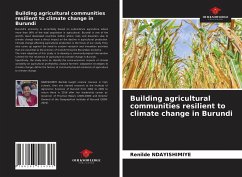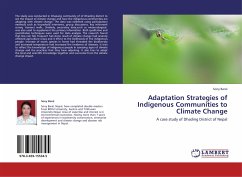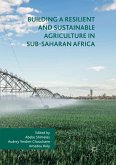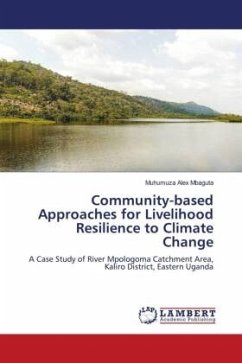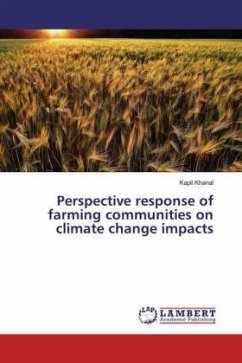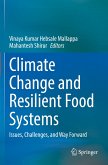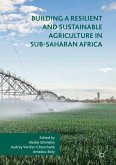Burundi's economy is essentially based on subsistence agriculture where more than 90% of the total population is agricultural. Burundi is one of the world's least developed countries (LDCs) where risks and disasters due to climate change have a direct impact on the decline in agricultural production. Climate change affecting agricultural production is the focus of our study. They also come up against the need to sustain research and innovation activities that are essential to the process of transforming the Burundian economy. The main objective of this study is to develop a community-based intervention scheme for the resilience of agriculture to climate change in Burundi.Specifically, the study aims to: identify the socio-economic impacts of climate variability on agricultural profitability; analyse farmers' adaptation strategies to climate change; define the factors of community-based resilience of agriculture to climate change.

